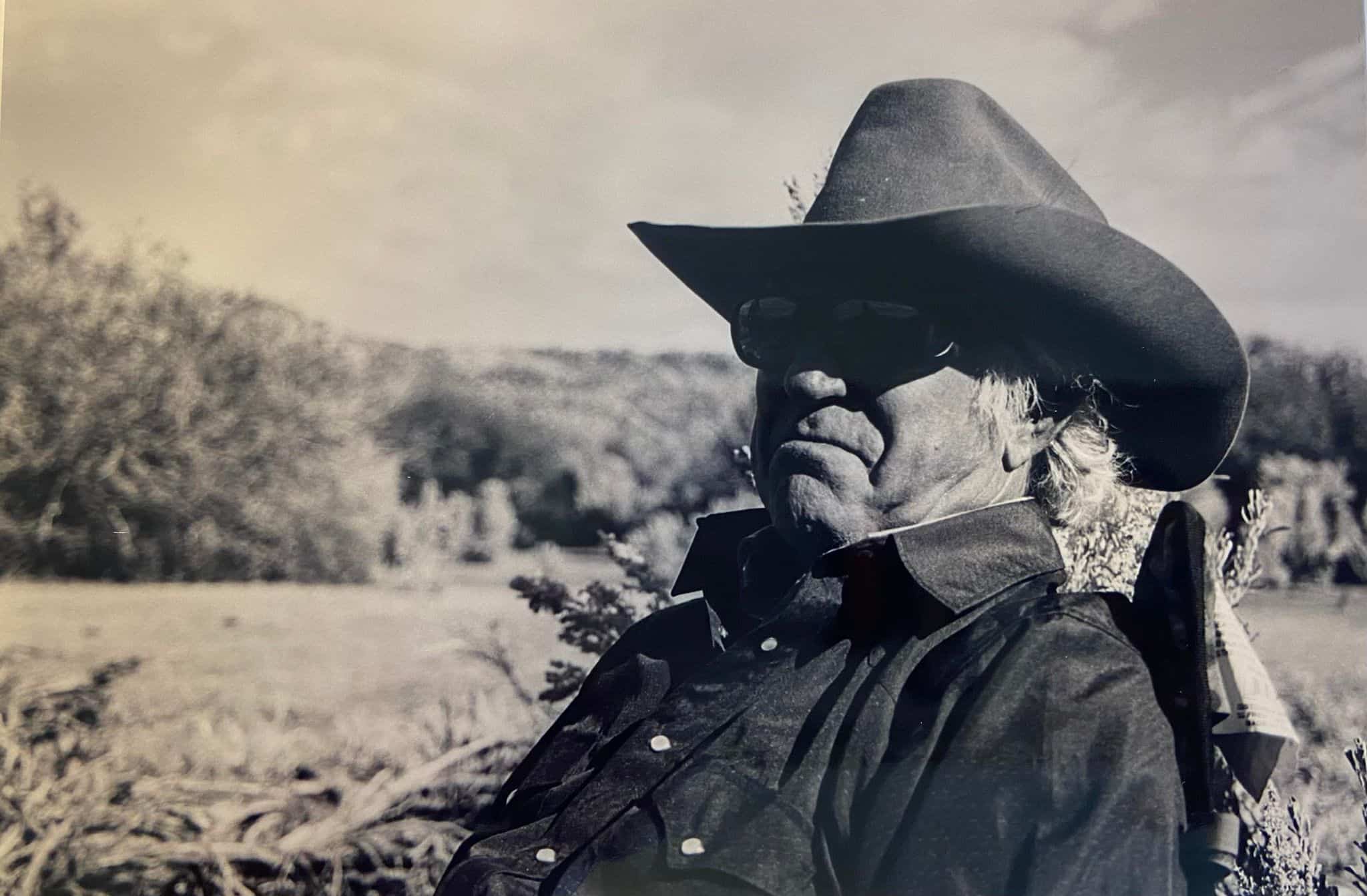Gastric Ulcers
Stomach ulcers and lesions can be an affliction in horses young and old. The presence of ulcers often causes severe discomfort to the horse and, in radical cases, can result in death. Attempting to describe ulcers is a bit like trying to describe colic. In both cases, one word describes a disorder that is multi-faceted and which varies from case to case. Some horses will have only mild stomach lesions that might heal on their own, leaving little or no scar tissue in their wake. Others will have full-blown ulcers that can cause permanent damage.
Michael J. Murray, DVM, MS, Diplomate ACVIM, Associate Professor and Adelaide C. Riggs Chair in Equine Medicine at the Marion duPont Scott Equine Center at the Virginia-Maryland Regional College of Veterinary Medicine in Leesburg, Va., sums up the complicated ulcer picture this way:
“Gastric ulceration affects large numbers of foals, yearlings, and adult horses, and different clinical syndromes and lesion distribution occur in each group. Ulceration may occur as a primary problem, or may occur secondary to another intestinal disorder. Duodenal ulceration occurs primarily in foals, although it has been diagnosed in yearlings. Duodenal ulceration is a rare finding in adult horses.”
First, a look at the stomach, where most of the lesions and ulcers appear
Create a free account with TheHorse.com to view this content.
TheHorse.com is home to thousands of free articles about horse health care. In order to access some of our exclusive free content, you must be signed into TheHorse.com.
Start your free account today!
Already have an account?
and continue reading.

Written by:
Les Sellnow
Related Articles
Stay on top of the most recent Horse Health news with















